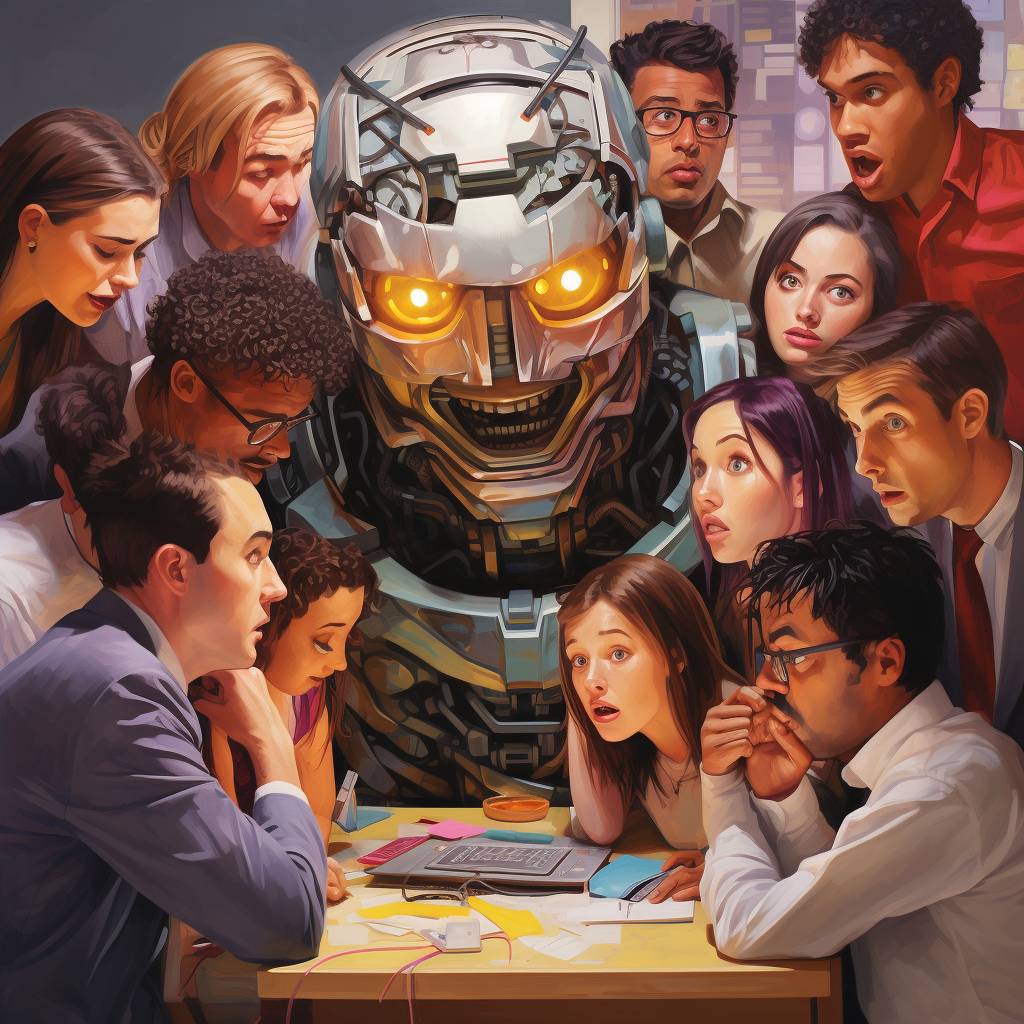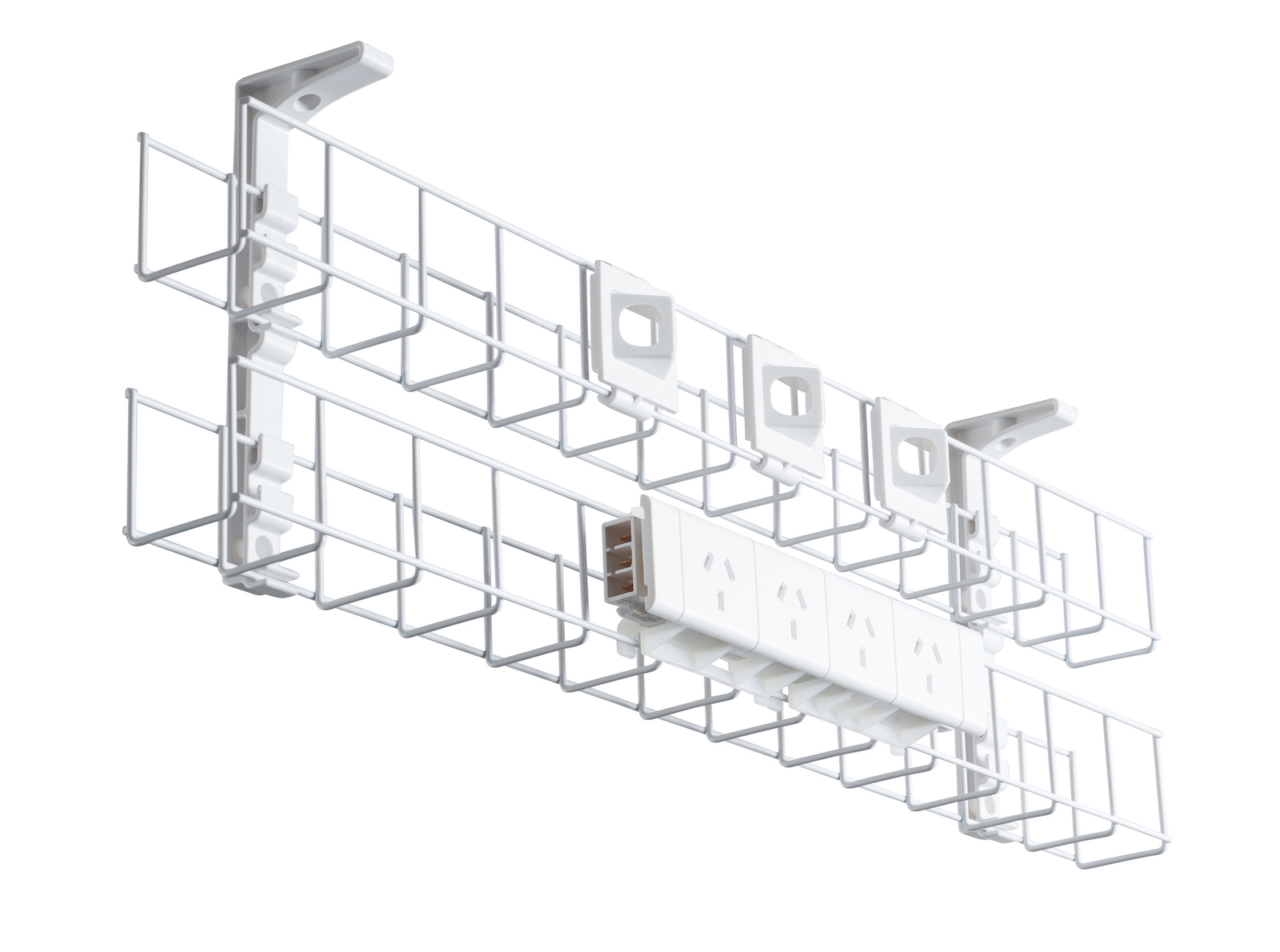
Youth Concerned Over AI Impact on Job Security: Survey Reveals
As the echoes of the industrial revolution continue to reverberate, the specter of job loss due to technological advancements remains a persistent concern. The advent of AI technologies like ChatGPT has reignited debates about job security and the evolving landscape of work. Recent surveys indicate that over half of individuals between the ages of 18 and 24 are anxious about the potential impact of AI on their career trajectories. Studies suggest that up to a quarter of tasks currently undertaken by humans in Europe and the US could be automated in the foreseeable future.
The infiltration of AI into white-collar workplaces heralds a shift unlike any previous workplace transformation. Middle-class jobs, traditionally considered secure, are now perceived as vulnerable. The discourse on AI in the workplace is dominated by two main schools of thought: automation anxiety and augmentation aspiration.
Automation anxiety stems from fears that AI will supplant knowledge-based jobs typically held by highly educated professionals, such as lawyers or accountants. In contrast, augmentation aspiration posits a future where humans and machines collaborate, enhancing each other’s capabilities.
In reality, the future of work will likely see a blend of both automation and augmentation. While it’s inevitable that certain tasks will be automated, human involvement will remain indispensable for tasks requiring critical thinking and analytical skills.
To future-proof your career against this backdrop, it’s vital to embrace lifelong learning. While specific skills may become obsolete, the ability to continuously learn and adapt throughout your career is an invaluable asset. This can be cultivated through formal education, on-the-job training, or even investing in ergonomic workspaces equipped with tools like an electric height-adjustable standing desk or the best sit stand desk. Such setups not only offer health benefits but also promote productivity and adaptability – key attributes in an AI-driven workplace.
Critical thinking and analytical skills will continue to be at the heart of human-machine collaboration. Even as AI automates certain tasks, the need for human judgment and interpretation remains crucial. For instance, while an AI may accurately transcribe a meeting, it may not discern nuances or underlying emotions, a task better suited for humans.
Remembering historical precedents can also alleviate fears regarding job loss due to automation. Past apprehensions about task replacement by machines did not always come to pass. The key is to choose a career that aligns with your passion and to prioritize continuous learning to stay adaptable in the face of workforce changes.
To illustrate, consider the TV lift industry. As automation takes over certain manufacturing processes, employees are being retrained for roles that require human dexterity and judgment. Here, AI is not replacing jobs but transforming them. Similarly, in an office setting, an accountant might use AI for data analysis but will still apply human judgment for interpreting and applying those results.
AI’s impact on job security and the future of work is undeniable. However, it’s not a doomsday scenario. Instead, it presents an opportunity for us to redefine our roles, foster new skills, and find ways to collaborate effectively with AI. Whether you’re standing at an electric stand-up desk or sitting behind a traditional one, the future of work is a blend of human ingenuity and machine efficiency. Embrace it with continuous learning and adaptability, and you’ll be well-equipped to navigate this brave new world.





